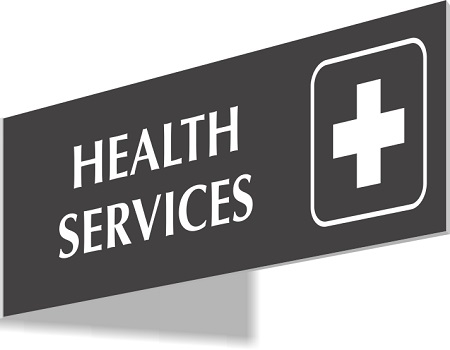The IHR strengthening programme in Nigeria is part of a £16 million project funded by the UK Department of Health, to support the capacities of national public health institutes in five countries.
In Nigeria, this project will focus on the key pillars within the mandate of NCDC, including disease surveillance, emergency preparedness and response, public health laboratory services as well as workforce development.
ALSO READ: Minimum wage: Labour has exhibited enough patience, civility —MHWUN President
Launching the IHR strengthening programme the British High Commissioner to Nigeria, Ambassador Paul Arkwright emphasised the need for strong collaboration between national public health institutes in ensuring global health security.
He stated: “The United Kingdom recognizes that we must work closely with other countries in our efforts to build strong and resilient health systems globally. The partnership between PHE and NCDC would contribute to ensuring the world is much safer and less vulnerable from the threat of infectious diseases”.
Duncan Selbie, Chief Executive of PHE, added that the recent cases of monkeypox in the United Kingdom highlighted the ease of movement of infectious diseases and reinforced the need to strengthen national public health institutes globally.
NCDC’s Chief Executive Officer, Dr Chikwe Ihekweazu stated that the NCDC is to work with PHE to provide dedicated staff time and adoption of a multi-sectoral collaboration with the Federal Ministry of Health, Federal Ministry of Environment, and other relevant ministries, departments and agencies as well as partner organisations.
Since 2017, PHE has supported NCDC in the development of its National Action Plan for Health Security (NAPHS), training of staff from the National Reference Laboratory and the network of public health laboratories on enteric pathogen testing, development and strengthening of protocols for NCDC’s incident management system and several other project areas.






